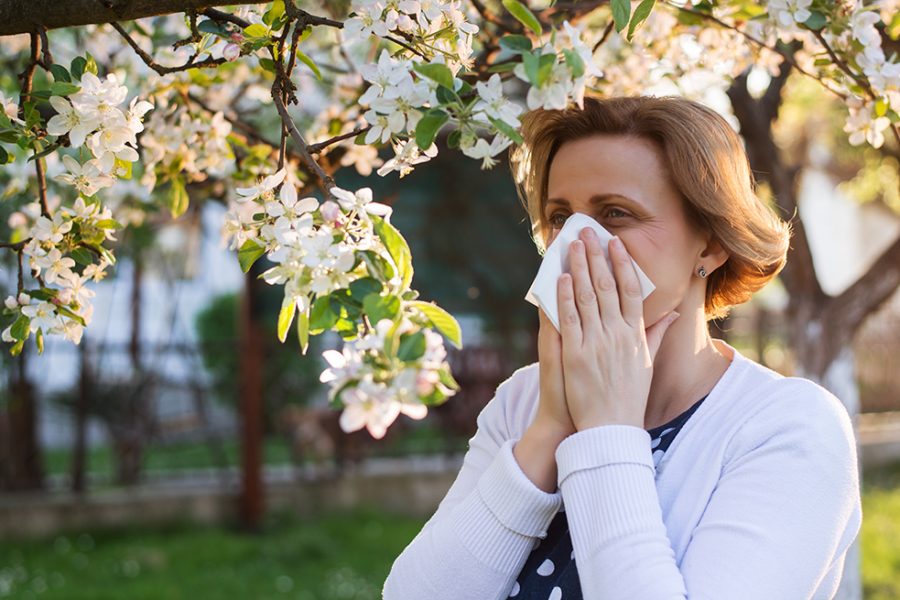A fever is when a person’s body temperature rises above normal, meaning a temperature above 100.4 degrees Fahrenheit (38 degrees Celsius).
Fever is an important way for the body to fight off infections.
Causes of fever include viral and bacterial infections, heat/sun exposure, and other conditions. Fever in adults is usually not a cause for alarm. Fevers usually go away without treatment by a health care provider.
The symptoms of Fever
- Chills and fever
- Cold or flu symptoms may also occur
- Sweating
- Weakness
- Headaches
- Muscle aches
- Shivering
Self-care measures
- Drink plenty of non-alcoholic fluids
- Acetaminophen (Tylenol®) 600 mg every 6-8 hours (up to 12 tablets in a 24-hour period) as needed to reduce fever and discomfort.
- Acetaminophen (Tylenol®) 650 mg every 4-6 hours (up to 12 tablets in 24 hours) and/or ibuprofen (Advil®).
- Rest
When to seek care from a medical provider
- Fever over 103.0 degrees Fahrenheit
- Severe or persistent vomiting
- Severe headache
- Fever over 102.0 degrees Fahrenheit for more than 3 days
- Confusion or disorientation
- Abdominal pain
- Unusual rash
- Sensitivity to light
- Other unexplained symptoms
- Seizures
- Painful urination

